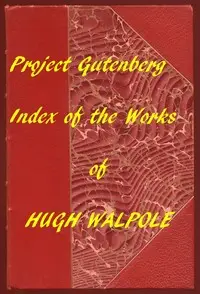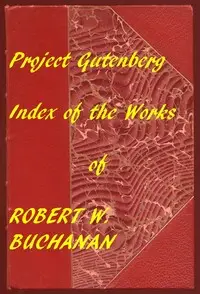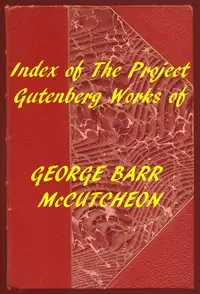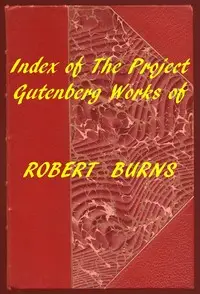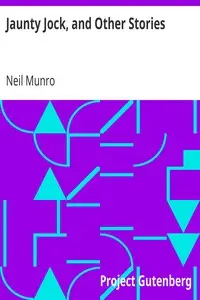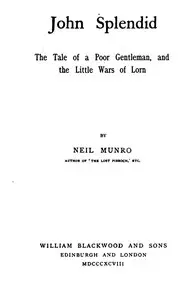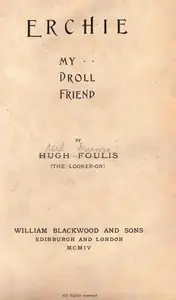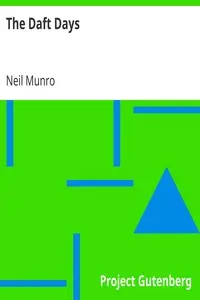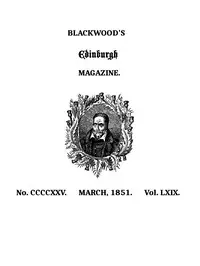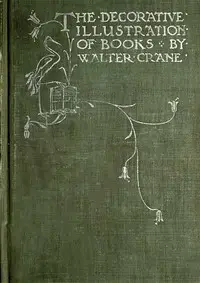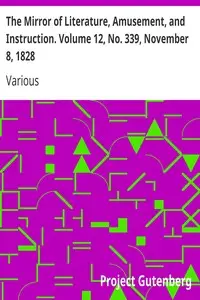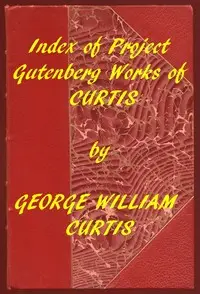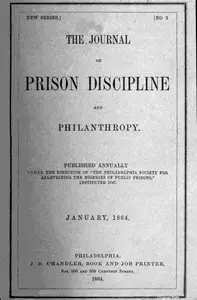"Index for Works of Neil Munro" by Neil Munro is a guide to the author's literary world, showcasing his diverse writings from the early 1900s. The index organizes Munro's novels, stories, and essays, all deeply rooted in Scottish culture and history. Highlighting works like "Doom Castle," "Gilian the Dreamer," and "John Splendid," the index gives readers a look into the characters, stories, and landscapes that Munro brought to life with adventure, romance, and insights into society, forming a rich celebration of Scottish life through his unique storytelling.
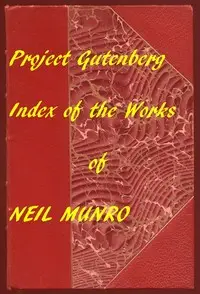
Index for Works of Neil Munro Hyperlinks to all Chapters of all Individual Ebooks
By Neil Munro
Discover a literary treasure map to a celebrated author’s captivating tales of Scotland, filled with heroes, history, and heartfelt stories.
Summary
About the AuthorNeil Munro was a Scottish journalist, newspaper editor, author and literary critic. He was basically a serious writer, but is now mainly known for his humorous short stories, originally written under the pen name Hugh Foulis. The best known of these stories are about the fictional Clyde puffer the Vital Spark and her captain Para Handy, but they also include stories about the waiter and kirk beadle Erchie MacPherson and the travelling drapery salesman Jimmy Swan. They were originally published in the Glasgow Evening News, but collections were published as books. A key figure in Scottish literary circles, Munro was a friend of the writers J. M. Barrie, John Buchan, Robert Bontine Cunninghame Graham and Joseph Conrad, and the artists Edward A. Hornel, George Houston, Pittendrigh MacGillivray and Robert Macaulay Stevenson. He was an early promoter of the works of both Conrad and Rudyard Kipling.
Neil Munro was a Scottish journalist, newspaper editor, author and literary critic. He was basically a serious writer, but is now mainly known for his humorous short stories, originally written under the pen name Hugh Foulis. The best known of these stories are about the fictional Clyde puffer the Vital Spark and her captain Para Handy, but they also include stories about the waiter and kirk beadle Erchie MacPherson and the travelling drapery salesman Jimmy Swan. They were originally published in the Glasgow Evening News, but collections were published as books. A key figure in Scottish literary circles, Munro was a friend of the writers J. M. Barrie, John Buchan, Robert Bontine Cunninghame Graham and Joseph Conrad, and the artists Edward A. Hornel, George Houston, Pittendrigh MacGillivray and Robert Macaulay Stevenson. He was an early promoter of the works of both Conrad and Rudyard Kipling.

